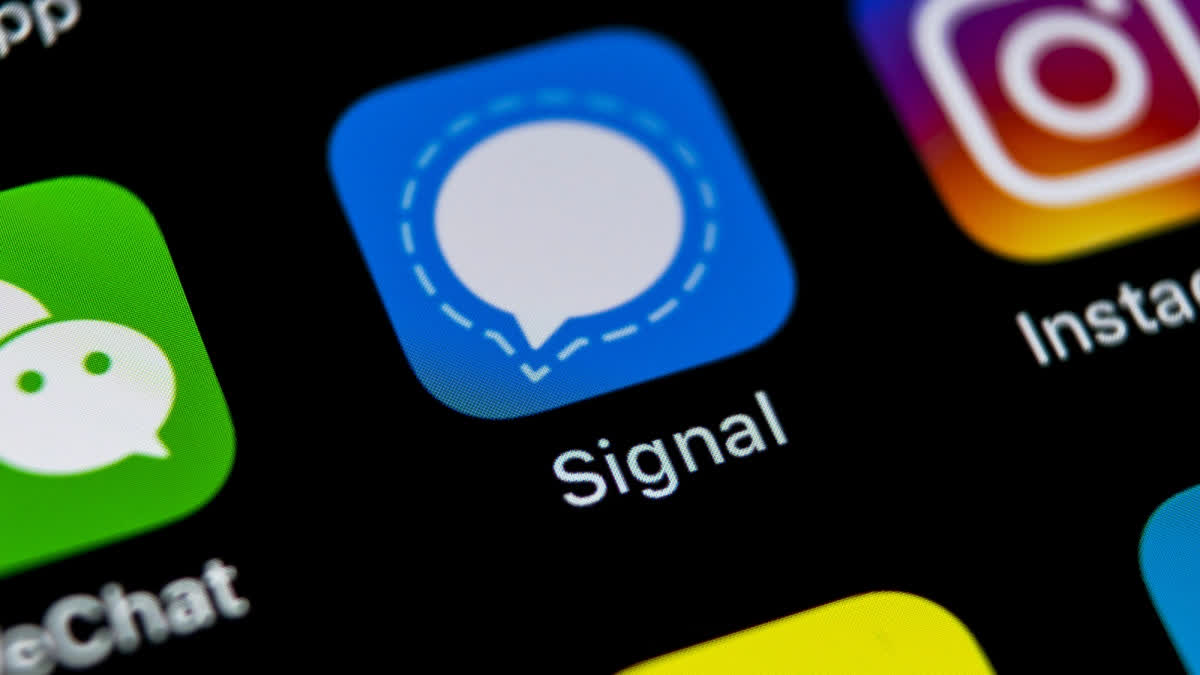A hot potato: Forget about Intel vs. AMD and Apple vs. Microsoft, the biggest, most intense public rivalry in the tech world right now is between messaging platforms Telegram and Signal. The latest attack came from Telegram CEO Pavel Durov, who suggested Signal was not secure and accused it of having ties to the US government.
Writing on his own Telegram channel, Durov said that Twitter founder Jack Dorsey had uncovered that the leaders of Signal are activists used by the US State Department.
did not know this https://t.co/J2pXKSrRJE
– jack (@jack) May 7, 2024
Durov also claims that a number of people's private Signal messages have been used against them in US courts or media. He adds that Signal isn't as transparent about its code as Telegram, and suggests that the app is insecure.
Durov appears to be getting his information from a City Journal report, which Dorsey shared on X. It notes that Signal was initially partly funded by a $3 million grant from the government-sponsored Open Technology Fund (OTF).
The article states that insiders have argued OTF and the US intelligence community have a close relationship. It also highlights the Signal Foundation's current chairman Katherine Maher, who worked for the National Democratic Institute from 2010 to 2011, calling her an "agent of regime change" during the Arab Spring.
"The US government spent $3 million to build Signal's encryption, and today the exact same encryption is implemented in WhatsApp, Facebook Messenger, Google Messages and even Skype," the Telegram boss said. "It looks almost as if big tech in the US is not allowed to build its own encryption protocols that would be independent of government interference."
Elon Musk seemed to be on the side of Telegram in this fight. The X owner responded to Journal article with, "There are known vulnerabilities with Signal that are not being addressed. Seems odd." Readers have added context notes warning that there is no evidence of this.
There are known vulnerabilities with Signal that are not being addressed. Seems odd …
– Elon Musk (@elonmusk) May 6, 2024
Meredith Whittaker, president of Signal, responded to Musk's post with a long message about Signal's security and disclosure practices. It starts with, "we don't have evidence of extant vulnerabilities, and haven't been notified of anything."
Some say Telegram is amplifying this war against Signal to move attention away from its own security shortcomings, especially in light of a possible IPO.
"Telegram by contrast does not end-to-end encrypt conversations by default," wrote Johns Hopkins' associate cryptography professor Matthew Green. He also said the reason iOS users can't reproduce versions of Signal, something Durov complained about, is due to Apple making this difficult, mostly because apps are encrypted.
Telegram by contrast does not end-to-end encrypt conversations by default. Unless you manually start an encrypted "Secret Chat", all of your data is visible on the Telegram server. Given who uses Telegram, this server is probably a magnet for intelligence services. 3/
– Matthew Green (@matthew_d_green) May 12, 2024
Green also said calling Telegram more secure than Signal is like "promoting ketchup as better for your car than synthetic motor oil. Telegram isn't a secure messenger, full stop."
